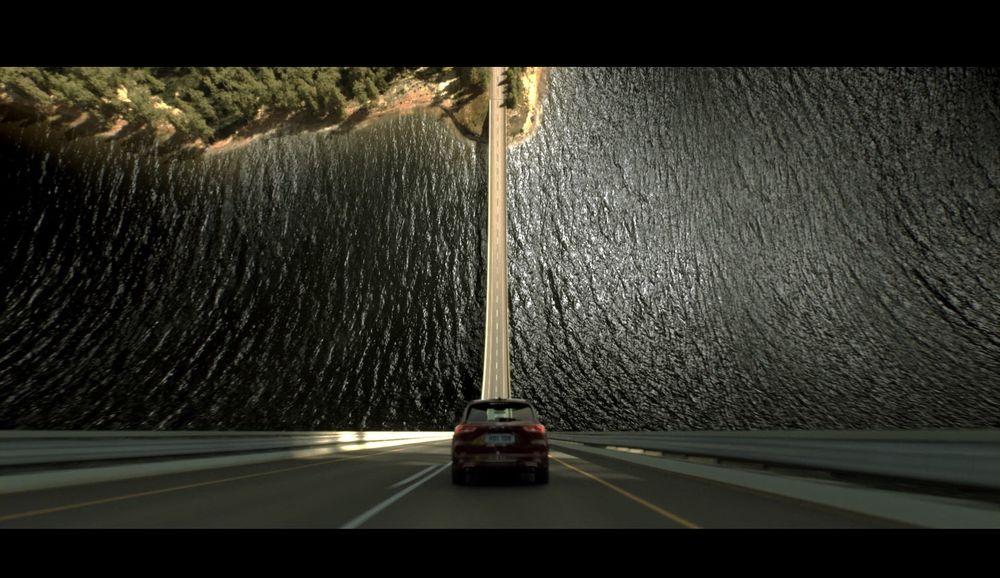
Rookie Awards Entrants Making Waves in the Creative Industries
Now a Generalist artist at The Mill, London, PIXL VISN alumnus Elia Göttlicher shares with us his journey into an exciting and challenging career in Visual Effects.
Elia Göttlicher is a 21 year-old PIXL VISN alumnus from Germany currently living in London. Elia recently won a Career Opportunity for his entry to the Rookie Awards 2021, and the German Advertising Award for best visual effects in a german advert production 2021. Elia is now a Generalist artist at The Mill and he shares with us his journey into an exciting and challenging career in Visual Effects.
I joined MPC Advertising as a Generalist Technical Director.
My personal focus is on lighting, comp, lookdev, previz and also optimising render times and scene setups to meet the technical and artistic requirements of a project.
As a generalist you sometimes help out with other tasks like modeling, animation and sometimes create complete shots from A to Z when there is a crunch time!
After freelancing I got my first permanent job at MPC Advertising which later merged with the company The Mill earlier this year.
However, I still work with my old team and the projects we create are generally focused on the advertising industry, but can vary from automotive focused projects to character focused work and/or game trailers and more, often related to very big clients.
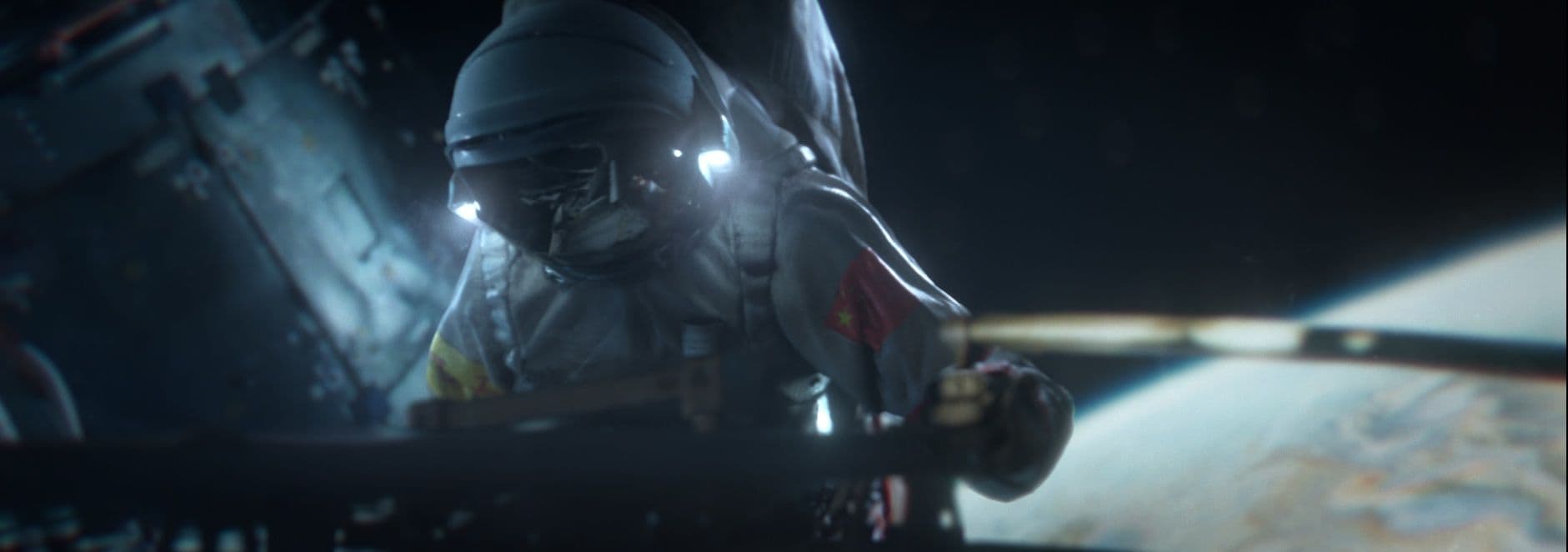
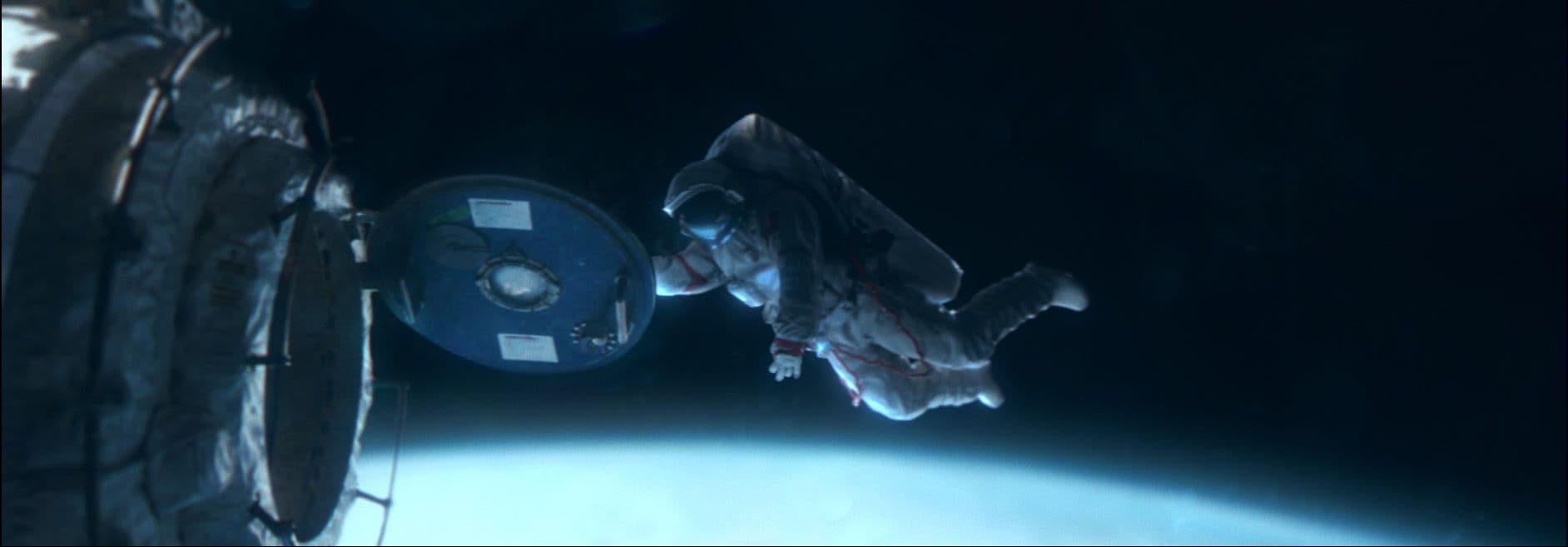
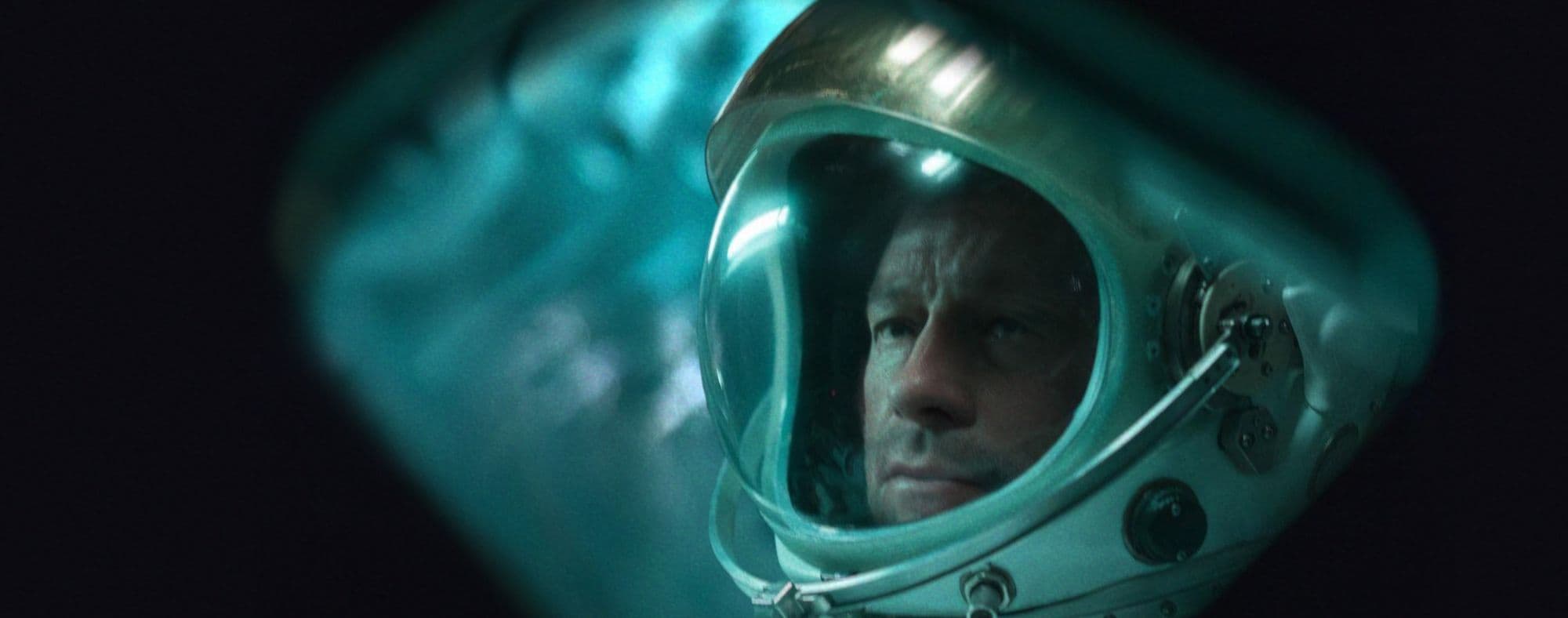
I applied to the PIXL VISN at the age of 14 and was already accepted back then. Because of that, I knew very early on what kind of job I would do in the future, and through a few internships in the industry during the following years and some preparation I was able to assure myself that I would love to pursue this job in the future.
After my studies I also developed a great interest in cinematography and film writing. I use this to keep learning and developing. I'm currently writing a book about cinematography with my knowledge and my experience and that of my colleagues, in a way to help beginners to look up knowledge in a paperback-like format.
Fortunately, I got my first break right after graduation during the Covid 19 pandemic. I got recommended by old university colleagues to their boss and because I was able to leave a good impression on the first project, I directly got booked to work on several projects with this company as a freelancer afterwards. This, winning some awards with The Rookies and an active online presence, easily got me some good projects.
I chose to study at the PIXL VISN | media arts academy in Cologne because it made a good impression on me - on one hand because of its good teachers, and on the other hand because of the graduates who got successful jobs internationally.
Nowadays, I am happy to say that my expectations were fulfilled and I had a great time at school and I have met many great people along the way.
Basically, I think that nowadays you can always teach yourself everything you need in the film and VFX industry with a lot of self-indulgence, tutorials and the internet. However, University has been important in explaining the basics to me. You also get to know a lot of University colleagues who can become interesting contacts later on and it's easier to get software and render power through the support of the University.
My day starts with a healthy breakfast in the morning and a few minutes to wake up, read the news and prepare for the day. After that, I will mostly prepare everything for my dailies and write my to-do list for the day. After the dailies I usually work actively for 1 to 2 hours and then go to lunch.
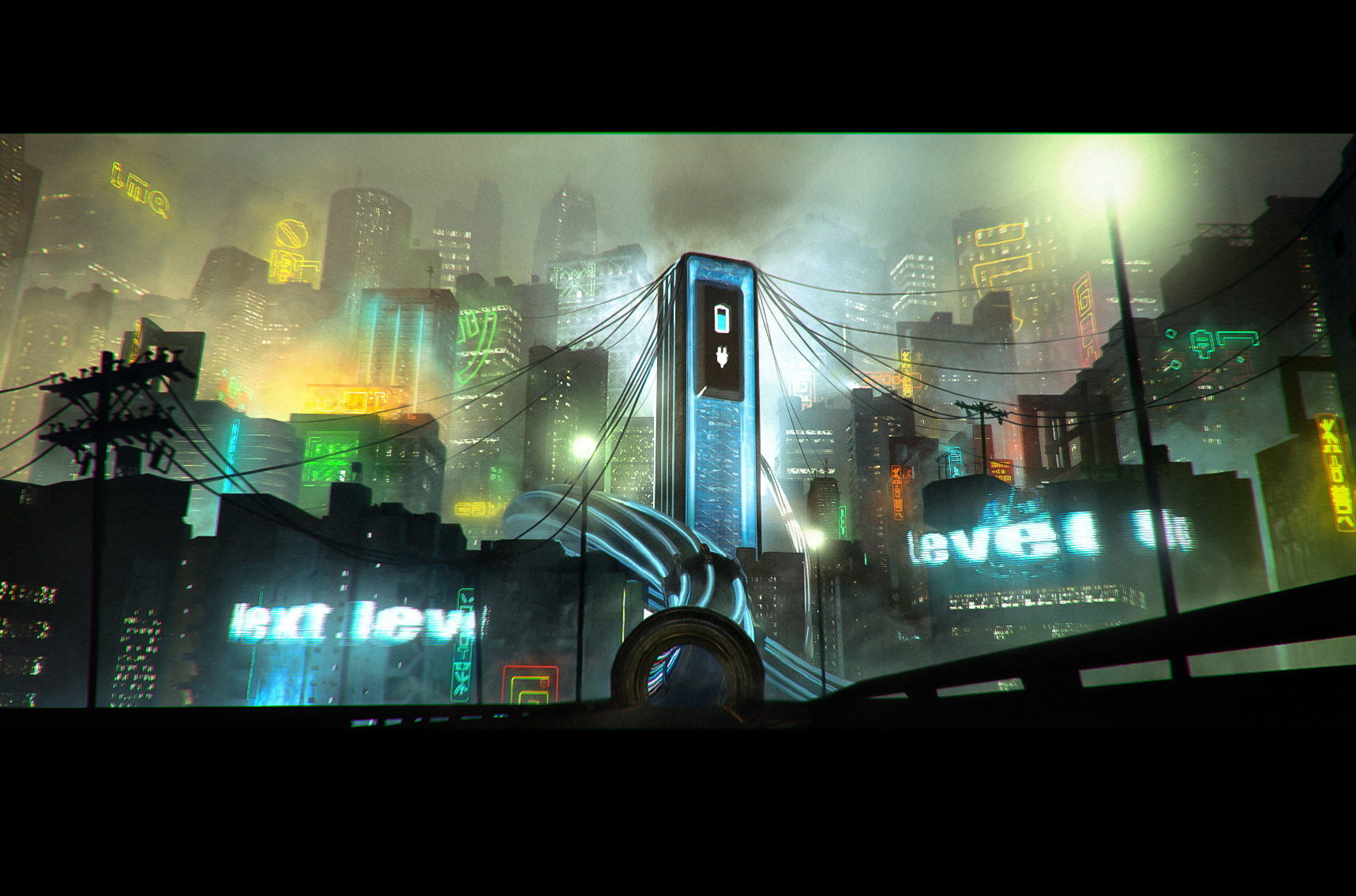
After lunch break I work in a concentrated way with a few breaks every 2 hours until 6:30 or 7 pm. After work it's important to switch off, and everything from going to the gym, having a beer in the pub or playing video games with friends is included.
Long meetings, good coffee from our barista and lots of problem solving is actually our normal everyday life.
My daily (Lighting, Rendering) workflow:
Often the workflow varies, for example when you have full cg scenes and often things like matchmove, camera and models have to be prepared and integrated into the scenes.
As a generalist, I work closely with all departments. We are the pillar that brings everything together and combines the work from all departments into one scene, light the scene and makes it look good. And we also make sure that everything works together harmoniously and efficiently!
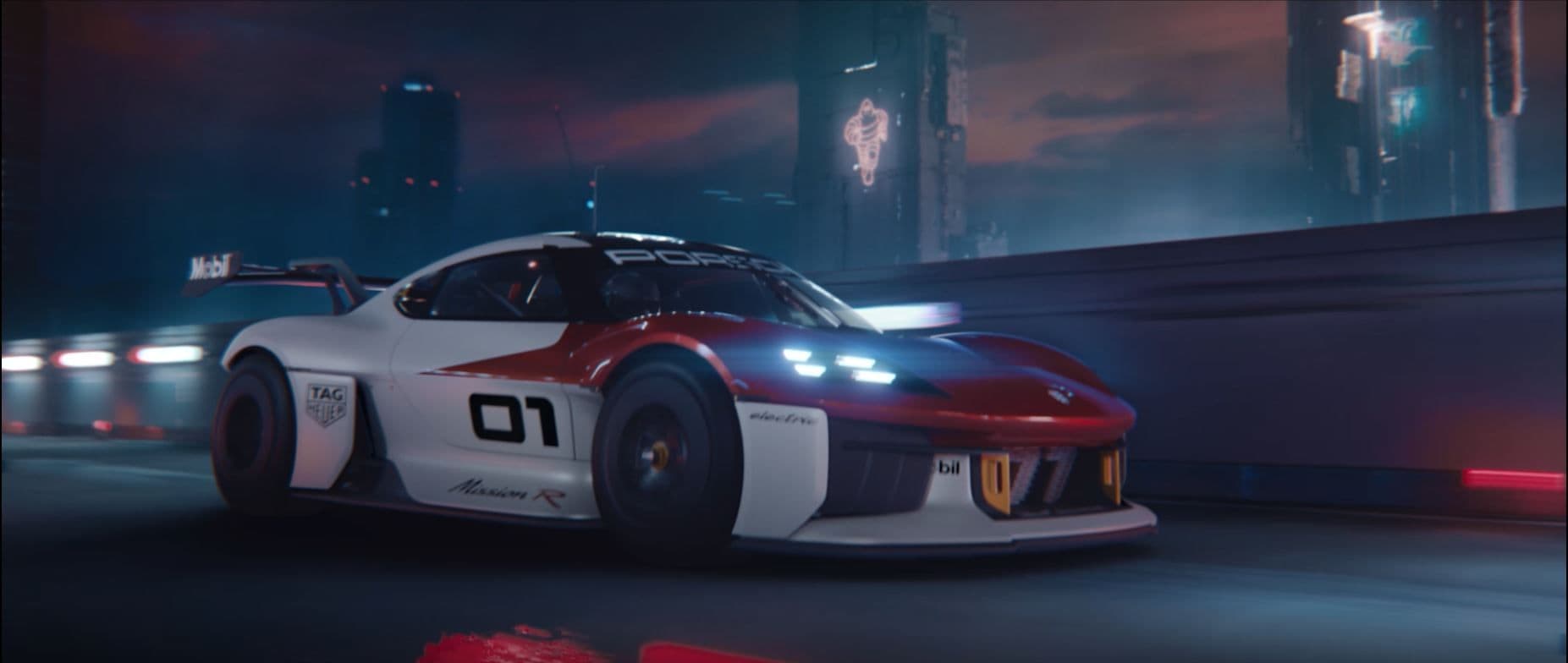
A very positive trend for many in the industry is to be able to access and work from any location. If I decide to go to Berlin in a week to visit friends, I can simply work there without having to take extra leave. This makes working conditions much more varied and fulfilling in the long term, both professionally and personally.
One of the best things about the job for me is that I have a hobby that I can share with a lot of people, meet a lot of people who are interested in the same thing, and get inspired and can inspire others.
You also work with a lot of creative, international people who you can learn a lot from.
Unfortunately it is common that sometimes the workload we have as an artist in this industry is not really balanced between time, quality and money in the different kind of projects. This hopefully changes in the future and we should start talking more openly with each other about what realistic goals are.
I don't feel it's necessary to have formal education in this industry to achieve a certain skill level and your dreams. I know a lot of self-taught artists who are absolutely good at their job and no one would question it. They have acquired their knowledge through books, tutorials and masterclasses.
The advantages of studying in an academy are that you mostly have more computing power, licenses for the programmes, as well as connections into the industry.
Most beginners work closely with the lead artist of the assigned sequence and make fairly simple improvements to the shots in their specialised area.
As a junior, it's basically about learning the pipeline and the workflow of the team and becoming more experienced. After about 6 to 8 months, most junior artists are almost 99% efficient enough with the pipeline to be able to apply their knowledge and routine to more difficult shots.
There are two things I look at, first the LinkedIn account to see the quality of the work and then the personality of the person: how does the person write about himself (Curriculum vitae and self-evaluation) and his projects, what is the person like..because teamwork is essential for successful projects and the social skills of the artist is extremely important!
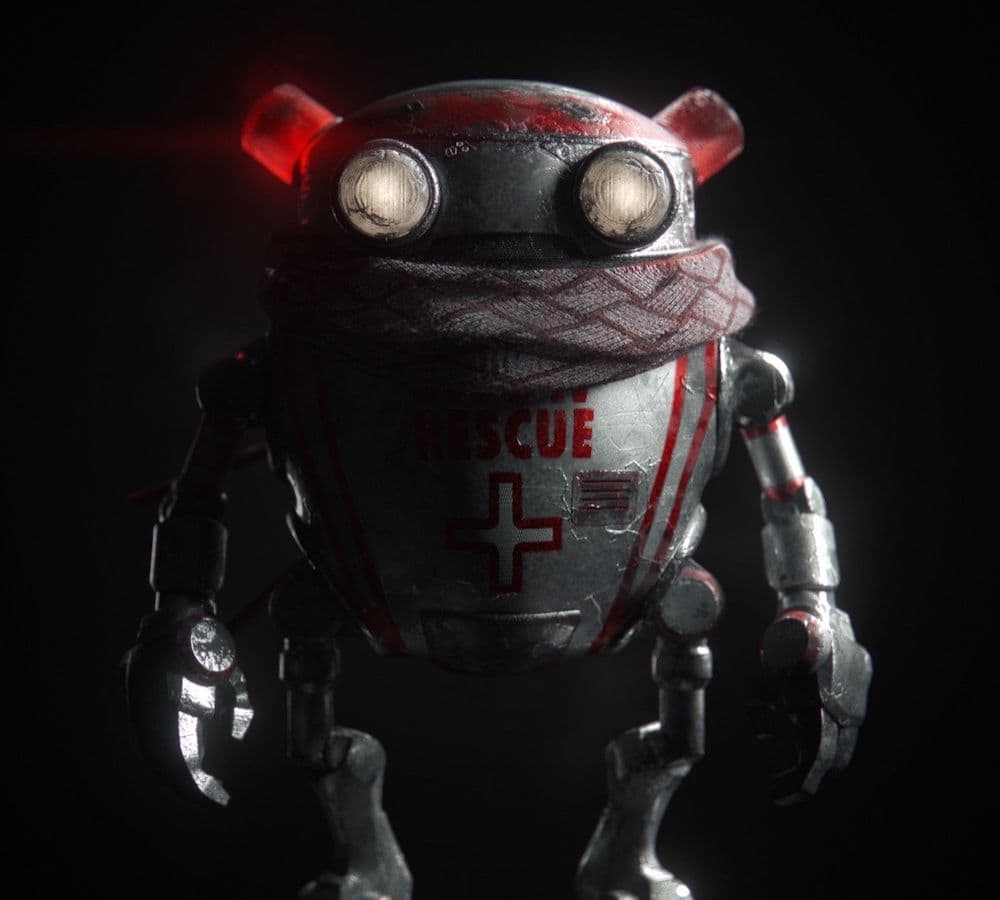
With today's technology and the possibilities of acquiring non-stop knowledge and information through the internet, the quality is almost always good enough!
However, many do not understand how essential a good social media and LinkedIn presence is. Firstly, it is important that only your BEST work is visible on the internet, that you are active and that you put care into your designs and messages, etc. People notice that.
This is about your future and a job, a unique opportunity. That's why you should take it very seriously and always be prepared!
It's very different most of the time, for example when I'm looking for inspiration for lighting tasks I like to look at cinematography and colour palettes of films, a lot of which you can find on Instagram.
The same goes for photography. Now if you are looking for more technical 3D work then I like to be on ArtStation and The Rookies. And for graphic design stuff I search a lot on Behance.
Most of the time I save the work in my phone photos app, and when I'm looking for inspiration for a project I like to look through my small photo library.
The most important thing is to go out and find inspiration in the environment and nature. Photography has helped me a lot in this matter.
Three important things that are a must-have in one's portfolio are:
Here is a list of to-dos and preparation material for your demo reel and first applications!
Many artists pretend quite a lot during an application and interview, which can also happen due to the excitement and tension. Try to stay as unique as you are and also feel free to address what difficulties and mistakes you have encountered during your journey and how you did overcome them, because troubleshooting is key in this profession.
And, feel free to prepare a little bit before an interview and reflect on your journey and projects briefly for example, what have you learned, what problems have you encountered, etc.
Make sure that when you apply, it's always about two things: the personality and the quality of your projects. If you receive an interview offer after an application, your quality is mostly perfectly fine, now make sure that your personality comes across well to round everything off.
I would probably tell myself not to worry so much about the future, that I am on a good path and should just follow my intention in decision-making.
Also, don't forget to live and enjoy and appreciate the things and people around you!
Thank you for the interview, I hope I could help and inspire some people with my thoughts and experiences on being prepared for the journey, and to always remember to have fun and have a good time - that's what it's all about in the end and what makes this profession so special!
You can find more of Elia's work and reach out to him on TheRookies, Instagram, and LinkedIn.